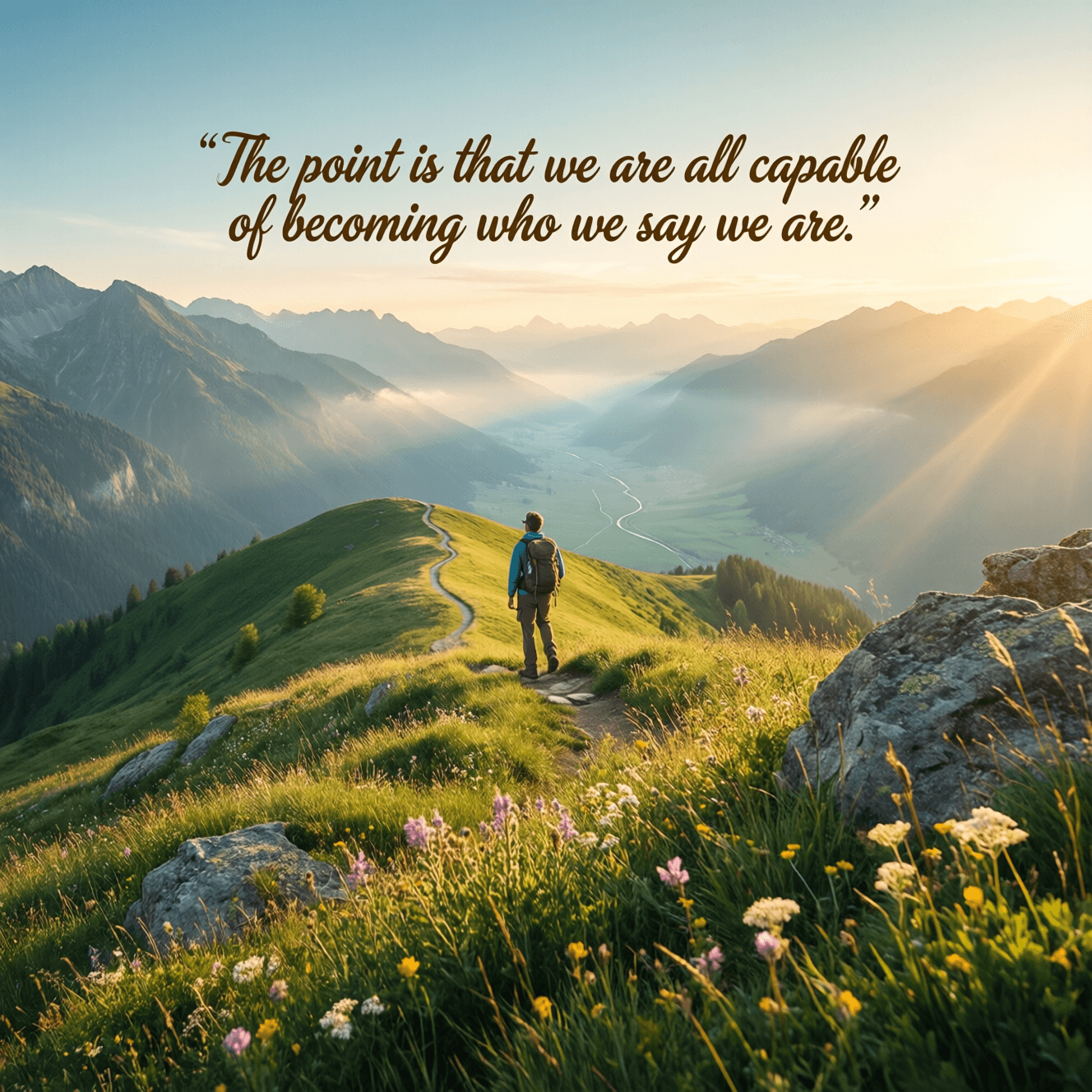Latest quotes
The newest art-directed moments from our library.

Embracing Weirdness as a Form of Freedom

Carefulness Comes Easier Without Real Desire

Becoming Yourself Before Choosing Your Path

Choosing Wealth Over the Appearance of Wealth

Owning Self-Approval Over Others’ Opinions

Becoming Who We Claim We Are
Collections to dive into
Browse curated sets organized by mood, book, or season.
Short clips
Press play on freshly published video snippets and narrated clips.
Discover by theme
Browse trending tags and featured authors to find your next quote.
Popular tags
Follow themes that readers love right now.
Featured authors
Discover the voices shaping the stories you revisit.
Marcus Aurelius
Marcus Aurelius (121–180 AD) was Roman emperor from 161 to 180 and a prominent Stoic philosopher. He authored Meditations, a collection of personal reflections on duty, virtue, and self-discipline; the quote reflects Stoic emphasis on intentional action and preparing for the future.
Quotes: 188Kahlil Gibran
Kahlil Gibran (1883-1931) was a Lebanese-American writer, poet, and visual artist known for his lyrical essays and the bestselling book The Prophet. His work explores love, spirituality, and human connection; the provided quote emphasizes building bridges through words and action.
Quotes: 171Rabindranath Tagore
Rabindranath Tagore (1861–1941) was a Bengali poet, novelist, composer and painter who reshaped Bengali and Indian literature and music and won the 1913 Nobel Prize in Literature. The quoted line reflects his belief that simple, honest truths expressed boldly can inspire moral and social change.
Quotes: 141Rumi
Jalal ad-Din Muhammad Rumi (1207–1273) was a 13th-century Persian poet, Sufi mystic, and Islamic theologian who spent most of his life in Konya. His lyrical works, notably the Masnavi, shaped Sufi thought and have been widely translated and influential across cultures.
Quotes: 138Confucius
Confucius (c. 551–479 BCE) was a Chinese teacher, philosopher, and political figure whose teachings formed the basis of Confucianism. His work emphasizes ethics, proper social relationships, and leading by moral example, reflected in the quote's theme of steady, exemplary leadership.
Quotes: 113African Proverb
African Proverb denotes a traditional anonymous saying originating from the African continent; specific authorship and provenance are not documented. This proverb emphasizes agricultural wisdom and the necessity of timely preparation and effort, using spring ploughing as a metaphor for work and renewal.
Quotes: 113
